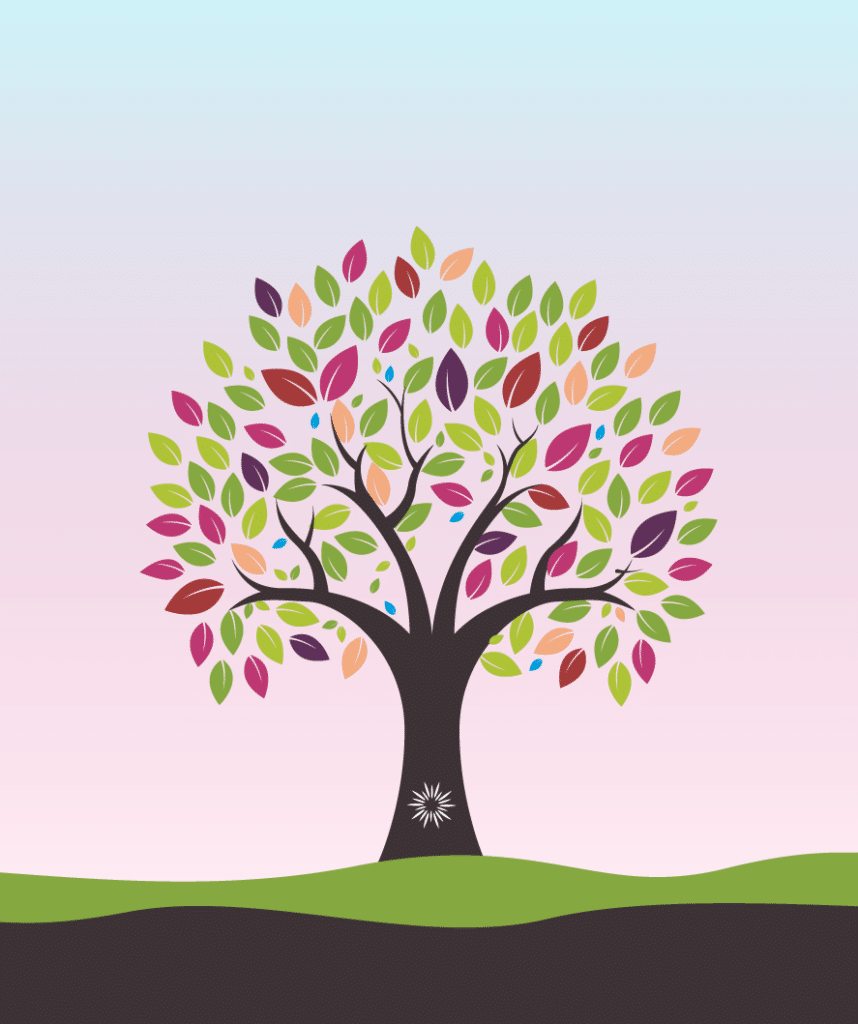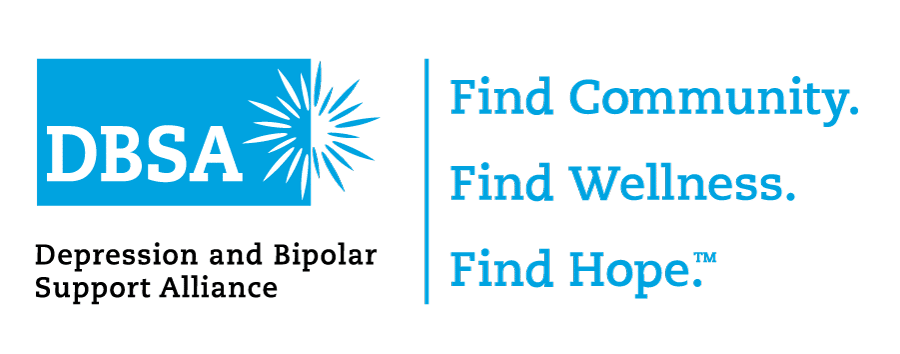Substance Abuse and Mental Health Services Administration (SAMHSA) defines Peer Support as “encompassing a range of activities and interactions between people who share similar experiences of being diagnosed with a mental health condition, substance use condition, or both.” Two people who have common experiences are peers, therefore peer support focuses on sharing common experiences and providing one another support. A peer support relationship can help treatment in a way that other professionals cannot because there is a commonality in understanding.
What is Peer Support?

Benefits of Peer Support
While we believe wholeheartedly in the tangible benefits of peer support, research* also underscores the profound impact of peer support on mental well-being, including increasing individuals’ sense of hope, happiness, control, self-esteem, community, and decreasing levels of depression and psychosis.
Peer support among individuals living with mood disorders has been shown* to:
- Reduce hospitalization rates
- Reduce days spent in inpatient care
- Reduce the overall cost of mental health services
- Increase the use of outpatient services
- Increase quality of life outcomes
- Increase engagement rates
- Increase whole health
As the evidence mounts, affirming the efficacy of peer support across diverse demographics, the importance of this paradigm becomes increasingly evident. Peer support isn’t merely a concept; it’s a lifeline, offering sanctuary amidst the storm and guiding individuals to community, wellness, and hope.
Our Roots in Peer Support
In the spring of 1978, DBSA co-founder Rose Kurland began her search for support and healing after being hospitalized for depression. Unable to find existing self-help support groups for people living with mood disorders, she started her own support group in her living room. Driven by the belief in the transformative power of community and self-directed wellness plans, Rose laid the roots for what would become DBSA. More than four decades later, DBSA remains as committed as ever to peer support, which we see as the bridge connecting individuals to community, wellness, and hope.
Find Your Community
DBSA support groups give people living with depression and bipolar disorder a safe, welcoming place to share experiences, discuss coping skills, and offer each other hope.
Cultural and Identity Support Groups
Find support from others living with depression or bipolar disorder in one of DBSA’s online or in-person identity-focused support groups. Designed to be welcoming and supportive spaces, these groups offer participants the chance to discuss shared experiences and find community with others walking a similar path to wellness.
Parent and Caregivers Support Groups
When your child is first diagnosed with a mood disorder, there can be so many questions and concerns to deal with. Finding support for yourself is an important part of caregiving. Whether your children are under 18 or older, DBSA’s online support groups can connect you with parents throughout the country going through similar experiences.
DBSA Chapters
Individuals attending groups and participating in their local chapters will meet community members who can relate to each other’s experiences. In addition to this, many of DBSA’s chapters also offer educational events, newsletters, lending libraries, and special events to serve their communities.



